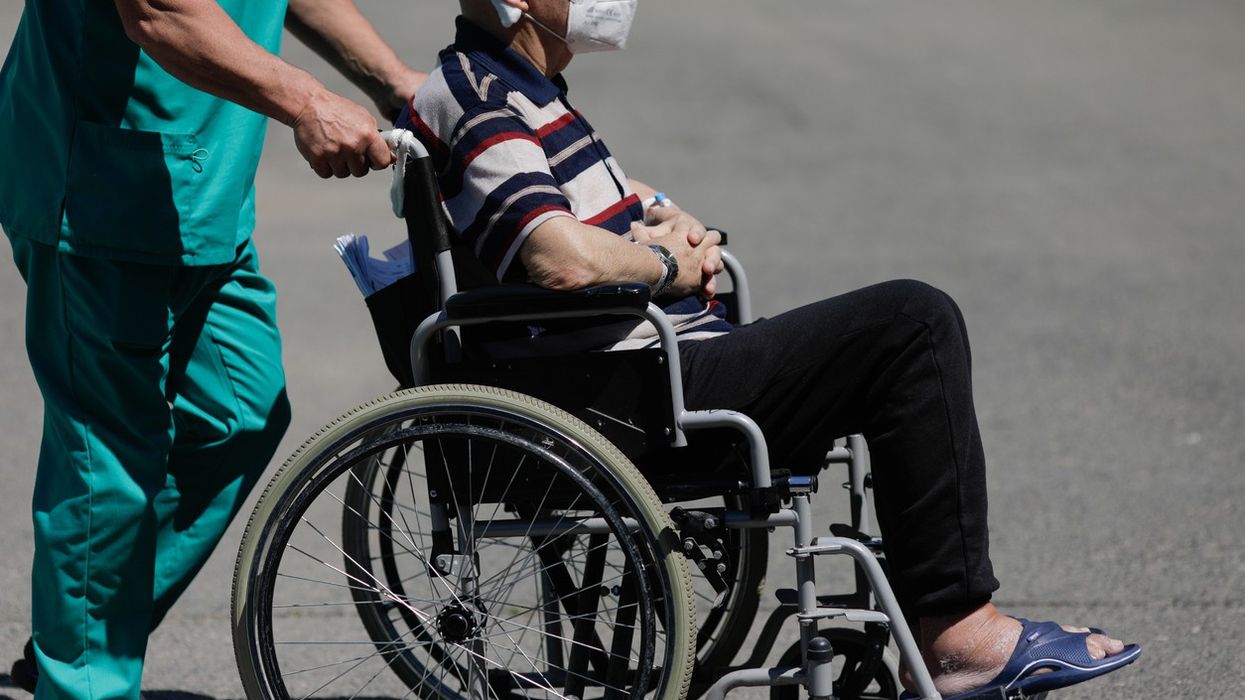THE proposed new assisted dying law for terminally ill people will be amended to remove the requirement that a high court judge sign off on each case, Labour MP Kim Leadbeater said on Tuesday (11).
Opponents of assisted dying said the change would weaken the safeguards around protecting vulnerable people from being coerced or pressured into taking their own lives.
In a historic vote three months ago, MPs backed the bill to allow assisted dying, paving the way for Britain to follow Australia, Canada and some US states in launching what would be one of its biggest social reforms in a generation. The “Terminally Ill Adults (End of Life)” bill, proposed by Leadbeater, passed that first hurdle with 330 MPs voting in favour and 275 against.
Under the proposals, mentally competent, terminally ill adults in England and Wales with six months or fewer left to live would be given the right to choose to end their lives with medical help after approval by two doctors and a judge.
With the process of political scrutiny underway, Leadbeater said she wanted to scrap the need for authorisation by a high court judge, with each case instead considered by a panel of experts, including a senior legal figure, psychiatrists and social workers.
A review by the high court could follow, if necessary. Leadbeater said the change strengthened the bill because it brought in experts from different professions, giving “an extra layer of scrutiny”. She told BBC Radio, “It’s absolutely a change for the better.”
Polls show that a majority of Britons back assisted dying and supporters said the law needs to catch up with public opinion. But the bill could still be voted down as it makes its way through both the Commons and the House of Lords.
Last month, Chris Whitty, the government’s chief medical officer, warned that setting up an assisted dying service for terminally ill people should not be rushed.
He was the first witness to appear before a parliamentary committee scrutinising the bill.
“My view is this is something which is best not done at speed if we can avoid it,” Whitty told MPs.
He added the process for choosing assisted dying should be straightforward, stressing that someone with six months to live should not be “stuck in a bureaucratic thicket”. Whitty said, “My view is the best safeguards are simple safeguards.”
The proposed legislation will still have to pass further debates and votes in the Commons and the Lords before becoming law.
Meanwhile, supporters of the proposed law said changing the rules would give dying people greater dignity and protection at the end of life.
Assisted suicide currently carries a maximum prison sentence of 14 years in England, Wales and Northern Ireland. A separate attempt to change the law in Scotland, where helping someone die is not a specific criminal offence, but can leave a person open to other charges, is under way at the devolved Scottish parliament.




